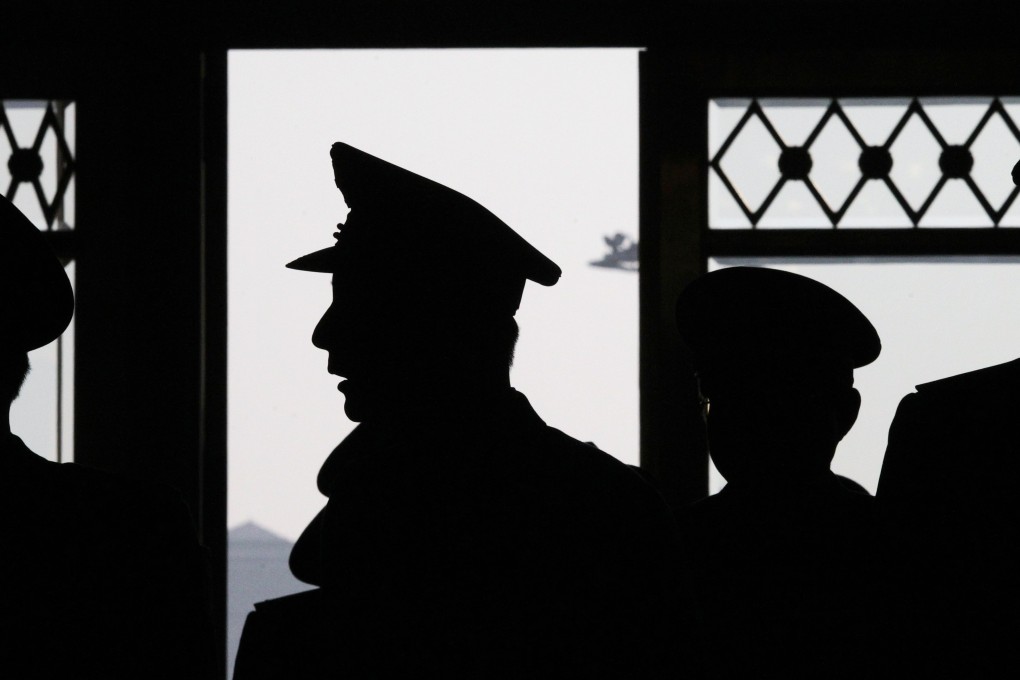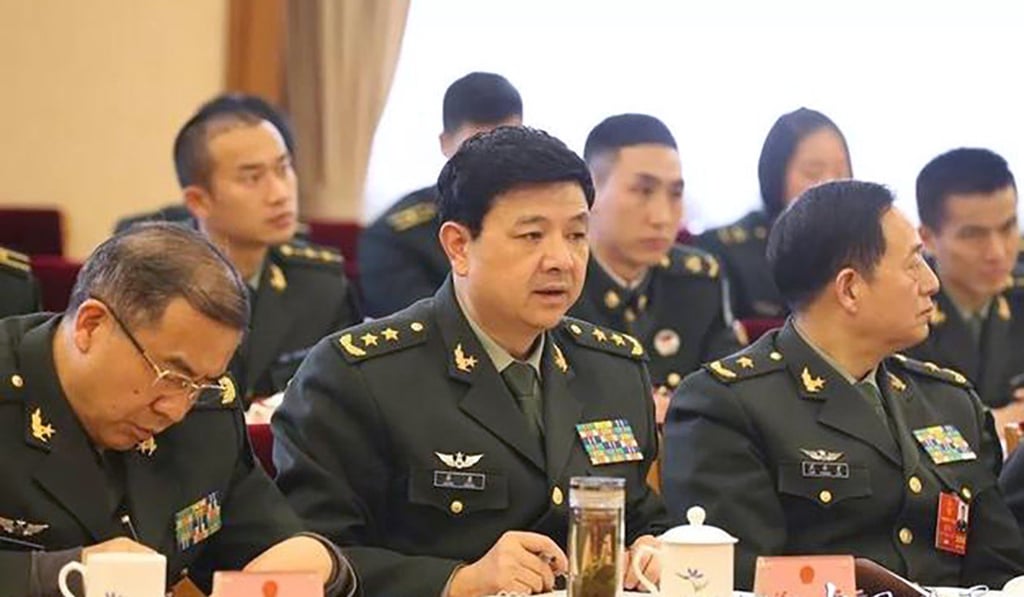China considers criminal charges, including jail time, for military rumour-mongers
- Proposal to strengthen criminal code to protect People’s Liberation Army from negative chatter online
- Legislative changes will be considered at next month’s National People’s Congress

People in China accused of spreading rumours about the military could face criminal charges, including jail time, if Beijing goes ahead with a proposal to tighten the criminal code.
The armed forces newspaper PLA Daily said on Friday that the proposed changes to the criminal law would be considered in March at the annual session of the National People’s Congress, China’s legislature.
Jiang Yong, political commissar of the Beijing Garrison and a People’s Liberation Army representative on the NPC, led the proposal at last year’s congress to strengthen the legislation targeting rumour-mongers, especially those who spread malicious lies about the PLA on the internet.
“In recent years, online rumours grew rapidly with more than 10,000 cases every year,” Jiang told the PLA Daily.
“Some opinion leaders made use of the online frenzy to slander the PLA and sully the image of the military. This has created very bad social influences.”
